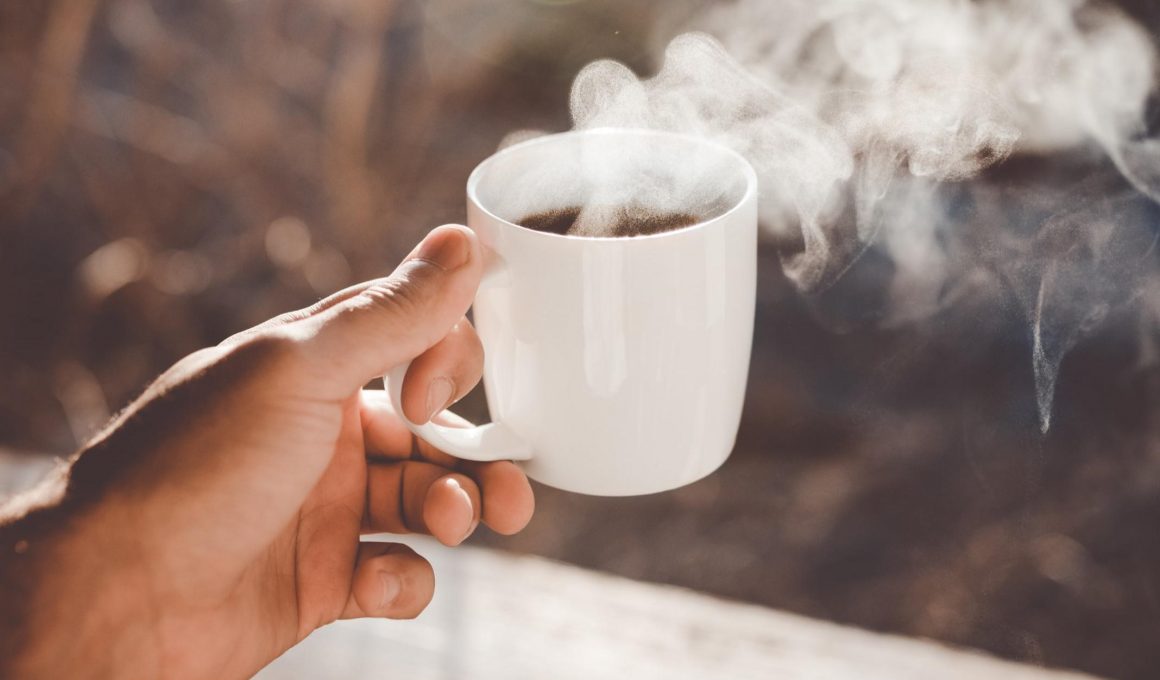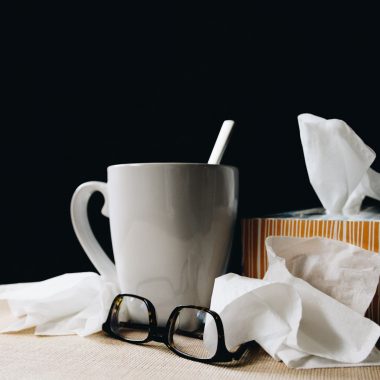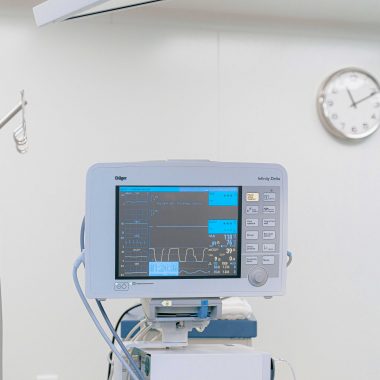Caffeine is a drug that helps stimulate our brains and nervous systems. Caffeine is mainly found in drinks like tea, coffee, energy drinks, and even some types of chocolates also contain levels of caffeine. Energy drinks can also have a lot more caffeine and sugar than a lot of super sugary-tasting drinks.
Caffeine is highly addictive. Drinking a beverage containing high levels of caffeine is the primary way people get addicted to caffeine. A cup of morning coffee is not going to hurt you, don’t worry, but multiple cups a day can do some damage. Coffee contains very high levels of caffeine, which helps many people wake up in the morning. Many people, especially those who don’t get enough sleep, will typically need the assistance of coffee to wake up properly in the morning.
People don’t take their caffeine levels seriously. Many people don’t believe that coffee, a plant byproduct, can hurt them, but it absolutely can. Overconsuming coffee can cause death in some rare instances. It is hazardous and detrimental to your heart’s health, and it is essential to monitor your intake.
Too much of anything can hurt you, even too much water.
And although coffee can help you wake up faster in the morning, it can also harm your health in many ways.
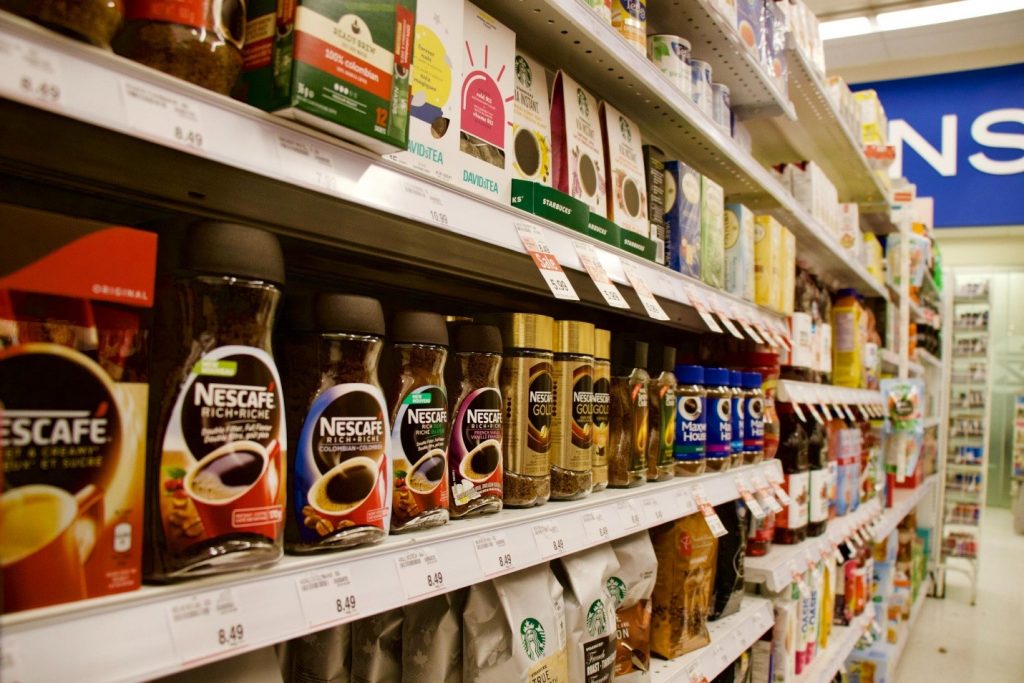
Over-consuming coffee can cause many preventable side effects and can cause more harm than good if not followed up with a doctor.
Too much coffee can cause anxiety or worsen it for people already suffering from anxiety.
It can also cause feelings of restlessness and fear of impending doom in some people and might even cause insomnia.
If you drink coffee before sleeping, it can hinder your ability to sleep properly or sleep at all and can cause insomnia, a sleep disorder that renders you unable to sleep at all.
Insomnia is a sleep disorder characterized by the inability to fall asleep at night. It can be triggered by the stress and anxiety caused by drinking coffee directly before bed.
Not being able to sleep will leave you tired and uninspired, forcing you to drink more coffee to wake yourself up, and the cycle continues.
What are the other effects of coffee on health?
Coffee’s effects on health are plenty. Many people suffer side effects not only from overconsumption of coffee but also from not consuming coffee at all.
People who drink coffee daily tend to develop an addiction or dependency on the drink.
Many people might experience a very fast heartbeat when they exceed coffee’s healthy daily drinking limit. However, a fast heartbeat is surprisingly a common side effect that people brush off.
Daily coffee drinkers often know that their habit is affecting them badly, but more often than not, they cannot stop themselves.
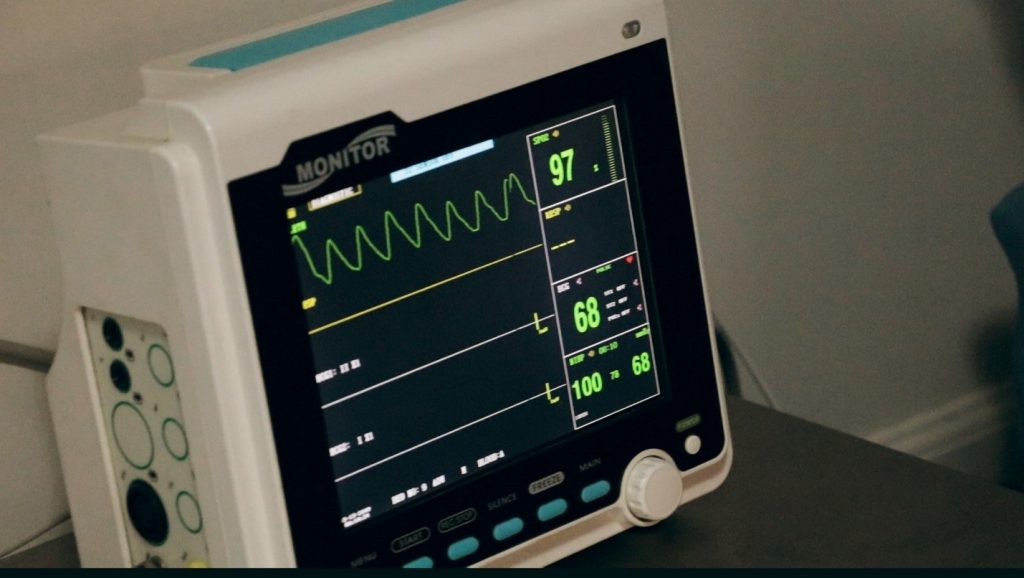
Consuming the same amount of caffeine daily will cause you to develop a tolerance to it. Other factors, such as your age, body mass index, and overall health, can also determine how tolerant you are towards caffeine. If you wish to decrease the amount of caffeine you consume, starting slowly to avoid withdrawal-like symptoms is best.
People with addictions experience withdrawal symptoms when what they are addicted to is taken away. Therefore, it is advised that you don’t quit caffeine all at once. If you do that, you will end up experiencing withdrawal-like symptoms that might even be debilitating.
These symptoms can prevent you from doing daily work, childcare, exercise, or even sleep.
Withdrawal symptoms differ from one person to another and from one substance to another, but in the case of caffeine addiction, the symptoms come as follows:
-fatigue
-decreased energy and activity levels
-decreased alertness
– drowsiness
-decreased contentedness
– depressed mood
-difficulty concentrating
– irritability
-feeling foggy
Even if you don’t suffer all these symptoms together, you might still have a caffeine addiction.
Caffeine addiction is hard to overcome, mainly because many social events center around getting coffee. Things like dates, work-related breaks, and activities usually center around grabbing a coffee, a snack, and chit-chatting.
The extreme popularity of coffee places like Starbucks has made it harder for coffee addicts to quit this habit. The caffeine Starbucks coffee dosages are pretty high. They are also very high in sugar and dairy products, which can have harmful side effects on older people.
The proper dosage or how many coffee cups per day is complicated to pinpoint, but it’s better to drink at most four cups of coffee per day.
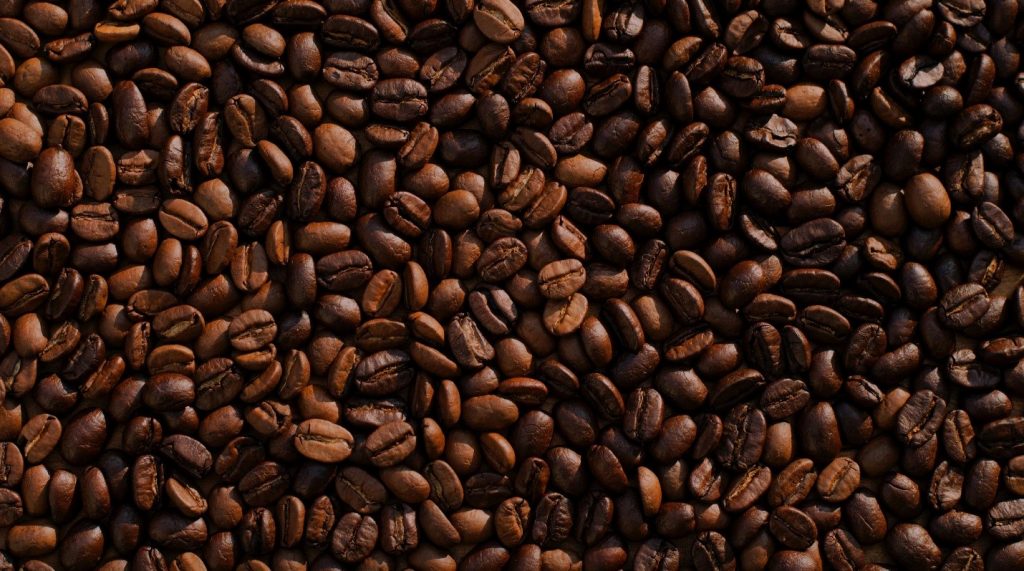
Four cups of coffee usually contain about 400 milligrams of caffeine, the daily limit for what a healthy body handles. However, you must remember that the standard size for the cup of coffee you’re allowed to drink is eight ounces. If you’re drinking your coffee out of a mug or grabbing it from a coffee shop, you might be consuming over 16 ounces of coffee, so it is essential to read labels.
If you are trying to get overcome your caffeine addiction, here are a few things you can do that might help you through it:
-don’t cut out caffeine completely. Start with drinking less. If you drink 8 cups a day, make it 6. Wait a week until your body adjusts, lower it to 4, then wait another week and then reduce it to 2. Stop here if you don’t wish to cut caffeine out completely. But if, however, you want to stop drinking caffeine altogether, you can do that same step one more time.
-drink plenty of water to help with the symptoms
– fix your sleep schedule. Getting enough sleep can help you a lot on your journey to overcoming your caffeine addiction. People often drink coffee to help them wake up, but if you’re already getting enough sleep, you won’t need it.
-exercise daily. Daily Exercising can help boost your immune system and give you plenty of energy to get you through the day without needing a caffeine boost.
It is better to try and get more hours of sleep, so you don’t need naps throughout the day to build up your energy. But if you cannot get the rest your body requires, drinking at most 4 cups of coffee daily is best.
It is essential to try and combat the effects of caffeine on your health early on before it gets to the point of addiction.
